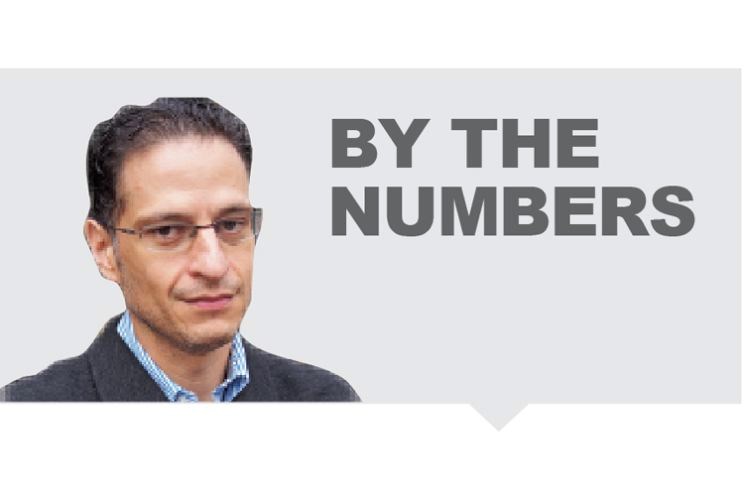As Albertans head to the final weeks of the provincial electoral campaign, the mood of voters is different than in past democratic processes.
In the most recent Research Co. survey, two findings are particularly striking: the lack of an established frontrunner when people are asked who would make the best head of government, and a high proportion of undecided voters, particularly in rural areas.
The 2015 ballot was all about change. Rachel Notley commanded the Alberta New Democratic Party (NDP) to victory in an election that was called early to capitalize on a supposedly fractured opposition. As Albertans headed to the polling stations, Notley was decidedly seen as the best person who was running for premier.
Four years later, and with the emergence of the United Conservative Party (UCP), Notley's numbers have suffered. Across the province, 45 per cent of residents approve of her performance as premier and leader of the NDP, while 46 per cent disapprove.
There is a significant gap in the level of strong approval for the incumbent head of government (18 per cent) and strong disapproval (30 per cent), but Notley's standing with voters who supported the New Democrats four years ago is solid (77 per cent).
This is not the case in Alberta. UCP leader Jason Kenney is a polarizing figure. Just under two in five Albertans (38 per cent) approve of the way he has handled his duties as leader, while almost half (47 per cent) disapprove.
Kenney's disapproval rating is highest among Albertans aged 55 and over (53 per cent). In addition, about one in four voters who cast a ballot for the Wildrose Party and the Progressive Conservatives in 2015 (25 per cent and 26 per cent respectively) disapprove of his performance.
The campaign has not been extraordinarily pleasant for the leaders.
All have negative momentum scores, but Kenney has fared worse. Almost two in five Albertans (38 per cent) say their opinion of the UCP leader has worsened since the writ was dropped.
For Notley, this number stands at 30 per cent.
When Albertans are asked who would make the best premier of the province, the two main leaders are tied, with 32 per cent of residents picking Notley and 32 per cent selecting Kenney. Stephen Mandel of the Alberta Party and David Khan of the Liberal Party are way behind (seven per cent and five per cent, respectively), and one in four prospective voters (24 per cent) are undecided.
In the survey, 62 per cent of decided voters in Alberta say they are certain that they will not change their minds before the election takes place. This leaves almost two in five (38 per cent) who may switch depending on what the final days of the campaign bring.
While those who are currently backing either of the two main parties are not likely to move (80 per cent of NDP voters and 76 per cent of UCP voters say they will not waver), there are 40 per cent of Alberta Party voters and 50 per cent of Liberal Party voters who may switch. These voters could end up defining the next government.
If strategic voting plays a role in the final stages of the campaign, the 2019 election may become less about ideology and more about who Albertans are comfortable with as premier.



